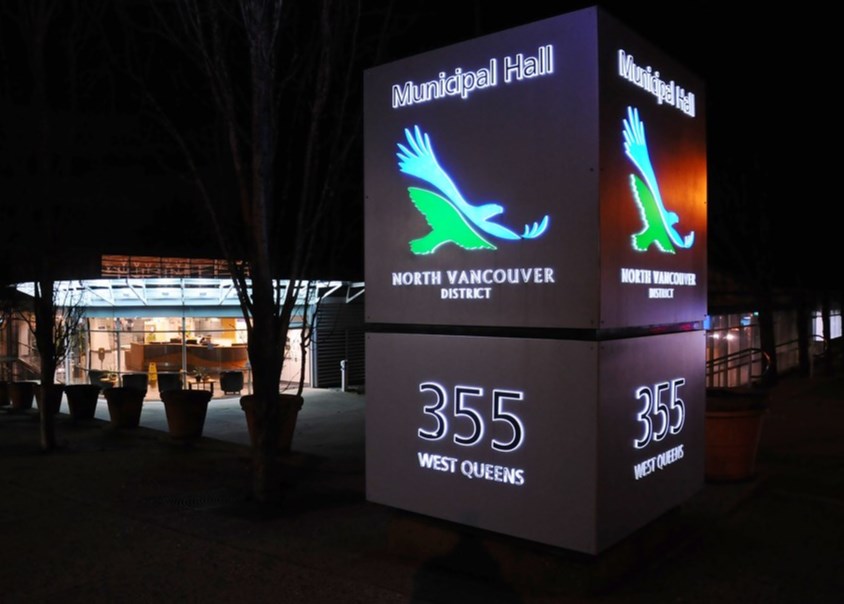Dear Editor:
I read Peter Teevan's letter to the editor last week with interest -- largely, I will admit, based on the rather ridiculous headline Did the District of North Vancouver Just Outlaw Breathing?
But like most attention grabbing headlines, there's no steak, just sizzle to be found in his letter of complaint. There is plenty of faux outrage about what DNV council is doing: the job(s) they were elected to do, change or update bylaws and building codes as is part of their mandate of office. And then there is the offence taken at the jargon of the Step Code concept and various acronyms associated with it. If jargon offends people, I would suggest never talking on a professional level with a nurse, mechanic, engineer or even a teenager these days. Unless you are one, of course.
The facts are: we've made commitments to lower our greenhouse gas emissions as a nation and as a society, and those commitments are neither free nor simple anymore. Look at any of the Environment Canada studies and buildings are large emitters of GHG for a simple reason: they leak air -- air that is cooled in the summer and air that is heated in the winter. We used to call that wasted energy when our dad would yell at us to close the door and/or turn out the light(s). Little did he or we know back then that most houses were leaking plenty of energy all the time, door open or closed.
The "Step 5 or else" comment is unhelpful hyperbole as well. The proposal is Step 5 or Step 3 with a low carbon energy system. Step 3 is completely attainable and, helpfully enough, with the Step 3 building details in place, you don't need a big furnace or air conditioning unit.
What that means is that we have to build better houses, houses that leak much less air which means, jargon alert, tighter houses. Tighter means better insulation and vapour management details that, speaking as a building professional, we too have to consult with engineers and experts about to get it right. Is this expensive? You bet it is, but our clients get a better house that over the long term is far less expensive to run based on monthly utilities versus leaky, energy-wasting houses.
When we were kids growing up in the 1970s we rode around in huge cars that got terrible gas mileage -- by modern standards -- but that was because that's all our parents had the choice to buy. The two oil shocks in that decade largely put an end to that, and for some of us these days we are driving cars that run on electricity. Did the governments of those days ban gas-guzzling cars or ban petroleum fuels? Not hardly at all. The rules changed, whether those rules were the economics of supply and demand or the regulations that penalized less efficient engines.
The Step building code is a good idea; it makes for a better product to offer the public, and I speak as a person who works on older houses all the time. Are the rules of what matters in housing going to change? Of course they are. But I'm glad that we can now start having the conversation with our clients that insulation and air management matter at least as much as countertops and hardwood floors.
Glen Robitaille
North Vancouver
What are your thoughts? Send us a letter via email by clicking here or post a comment below.


